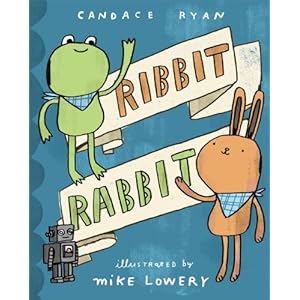
Publisher: The Feminist Press at CUNY
Release Date: August 2010
Revenge by Taslima Nasrin is a delicious fable that reminds readers of the sexist reality many women still face. Jhumur, the heroine of this tale, has a physics degree but is expected to stay within her husband's home to cook and take care of his family – she is expected to uphold the standards of contemporary Bangladesh. Jhumur pushes her personal desires aside for Haroon, who appears to be the ideal mate; however, when she becomes pregnant he is convinced the child is not his own. He devolves into a paranoid, callous man who is convinced his wife has disgraced his family and does what he can to reverse the 'damage' Jhumur has caused. The once loyal and loving Jhumur finds she can no longer embrace her husband's caresses after being doubted and begins to plot the ultimate revenge. She continues to play the role of a proper wife of the house while she continues her duties as a daughter-in-law. Part of her revenge involves frequenting the neighboring apartment below.
Following the birth of a son, Jhumur takes back her independence with an unexpected announcement that leaves her husband shocked and powerless to protest. Her tale ends with a sense of accomplishment – she has become an independent woman who is no longer the property of her husban. Instead, she has elevated herself to his equal, while achieving revenge for the injustices she faced earlier in her marriage. Revenge leaves the reader content – the ending is appropriate and empowering. Nasrin's fable feels complete, and Honor Moore's translation is top notch. Revenge is a well written book that shows the life and thoughts of an educated woman who must rebel against her husband in every way possible to gain financial independence and emotional closure.





